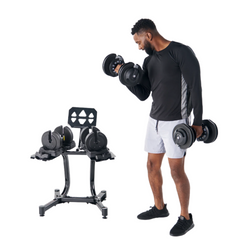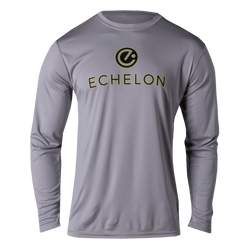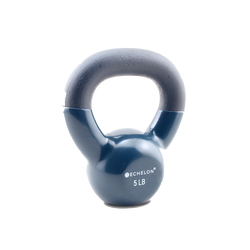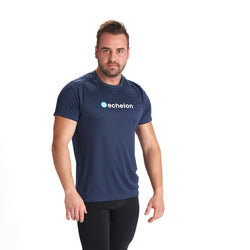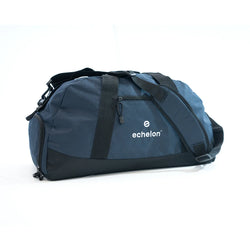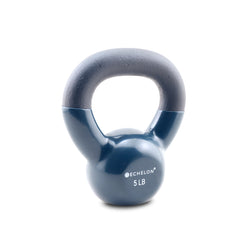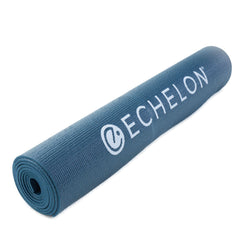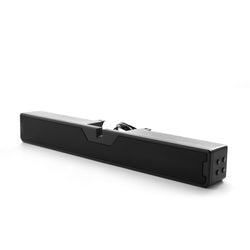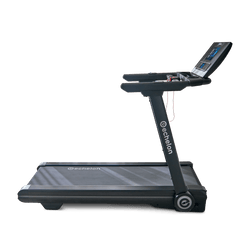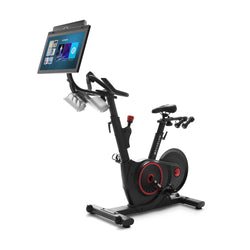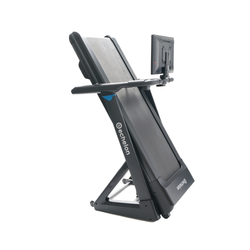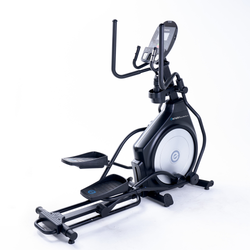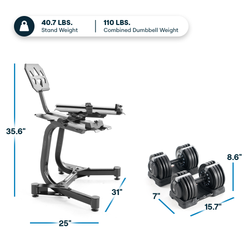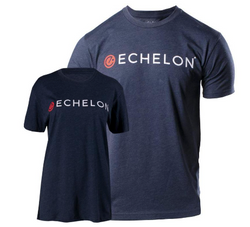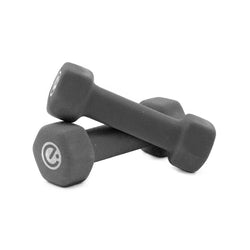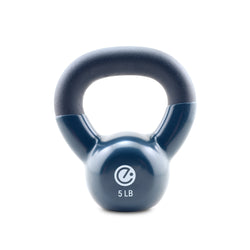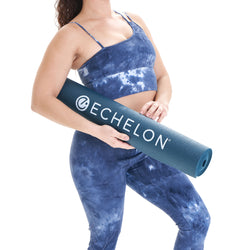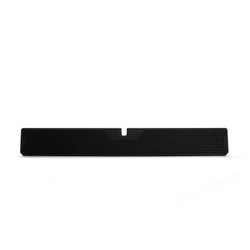Post-Workout Nutrition Tips
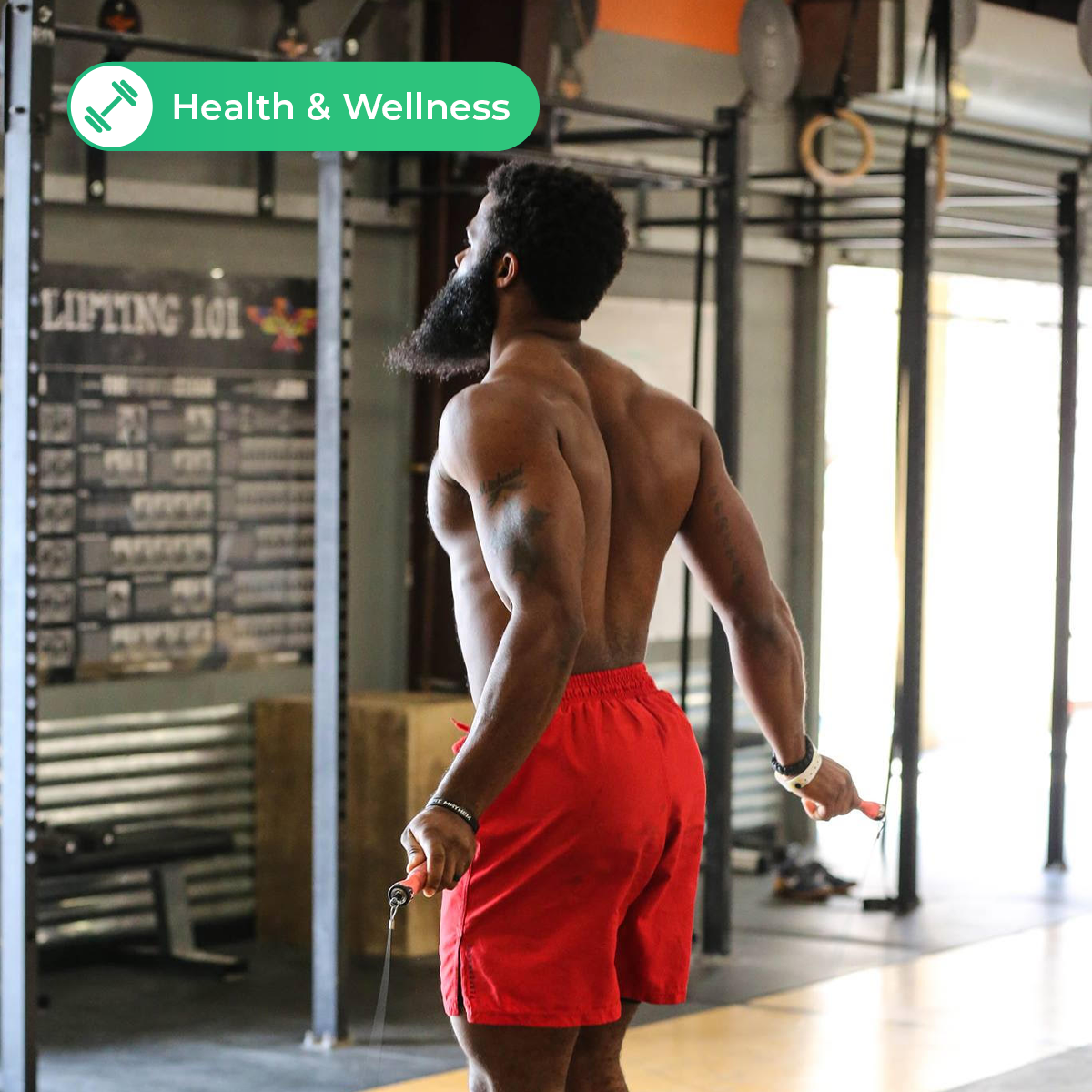
By Michael Browne
Optimizing your nutrition after a workout is crucial for muscle repair, growth, and overall recovery. What you consume in the hours following exercise can significantly impact your progress and well-being, influencing everything from muscle soreness to energy levels, mental recovery and future performance.
The Importance of Post-Workout Nutrition
After engaging in physical activity, especially intense or prolonged exercise, your body's glycogen stores (its primary readily available energy source) are depleted. Simultaneously, muscle fibers undergo microscopic damage, a natural and necessary part of the adaptation process that leads to muscle growth and strength.
Proper post-workout nutrition is essential for several reasons: it helps to rapidly replenish these depleted energy reserves, provides the necessary amino acids (the building blocks of protein) for repairing damaged muscle tissue, and kickstarts the process of synthesizing new muscle proteins, leading to muscle hypertrophy and improved recovery.
Key Nutrients for Recovery
-
Carbohydrates
Carbohydrates are paramount for replenishing glycogen stores, which serve as your body's primary and most efficient source of energy during exercise. Consuming carbohydrates after a workout is critical because it helps to quickly restore these depleted energy reserves, thereby kickstarting the recovery process. This rapid replenishment is vital for preventing muscle breakdown (catabolism) and preparing your body for subsequent training sessions. Complex carbohydrates, in particular, offer sustained energy release and are rich in essential nutrients.
Recommended Sources: -
Whole Grains: Brown rice, quinoa, whole-wheat bread, oats, whole-wheat pasta. These provide sustained energy and fiber.
-
Fruits: Bananas, berries (blueberries, raspberries, strawberries), apples, oranges, grapes. Fruits offer simple sugars for quick energy and are packed with vitamins, minerals, and antioxidants.
-
Starchy Vegetables: Sweet potatoes, potatoes (white and red), corn, peas. These are excellent sources of complex carbohydrates and essential nutrients.
-
Legumes: Lentils, black beans, kidney beans, chickpeas. Legumes provide both carbohydrates and protein, along with fiber.
-
Protein
Protein is absolutely vital for muscle repair and growth, especially after a workout. Exercise creates micro-tears in muscle fibers, and protein provides the essential amino acids needed to rebuild this damaged muscle tissue and synthesize new muscle proteins. This process is crucial for muscle hypertrophy (growth) and for enhancing strength and recovery. Adequate protein intake post-exercise also helps reduce muscle soreness and can improve overall athletic performance over time.
Recommended Sources: -
Lean Meats: Chicken breast, turkey, lean beef (sirloin, flank steak). These are complete proteins, meaning they contain all nine essential amino acids.
-
Fish: Salmon, tuna, cod, tilapia. Fish provides high-quality protein and often beneficial omega-3 fatty acids.
-
Eggs: Whole eggs or egg whites. Eggs are an excellent and highly bioavailable source of protein.
-
Dairy: Greek yogurt, cottage cheese, milk (cow's milk, soy milk). Dairy products offer both fast-acting (whey) and slow-digesting (casein) proteins, making them ideal for sustained amino acid delivery.
-
Plant-Based: Tofu, tempeh, edamame, lentils, beans, protein powder (whey, casein, plant-based like pea or rice protein). These are great options for vegetarians, vegans, or those looking to diversify their protein sources.
-
Healthy Fats
While not as critical as carbohydrates and protein immediately post-workout, healthy fats play a significant role in overall health, hormone production, and nutrient absorption. They can be included in your post-workout meal to provide sustained energy, support joint health, and aid in the absorption of fat-soluble vitamins (A, D, E, K). However, it's generally advisable to consume fats in moderation immediately post-workout as they can slow down digestion, which might delay the delivery of carbohydrates and protein to muscles.
Recommended Sources: -
Avocado: Rich in monounsaturated fats, potassium, and vitamins.
-
Nuts and Seeds: Almonds, walnuts, chia seeds, flax seeds, pumpkin seeds. These offer healthy fats, fiber, and various micronutrients.
-
Olive Oil: A staple of the Mediterranean diet, extra virgin olive oil provides monounsaturated fats and antioxidants.
-
Fatty Fish: Salmon, mackerel, sardines. These are excellent sources of omega-3 fatty acids, which have anti-inflammatory properties.
Timing Your Post-Workout Meal
The concept of an "anabolic window" refers to a theoretical period after exercise when your muscles are supposedly most receptive to nutrient uptake for optimal growth and recovery. While the strictness of a very narrow window (e.g., 30 minutes) has been widely debated and largely debunked by recent research, it is still generally recommended to consume a balanced meal within 1-3 hours after your workout. This ensures that your body has a steady supply of carbohydrates to replenish glycogen and protein for muscle repair and synthesis, maximizing the benefits of your training. Prioritizing consistency in your post-workout nutrition over a rigid timing window is often more effective.
Hydration
Beyond solid food, proper hydration is an often-overlooked yet critical component of post-workout recovery. Water is essential for every bodily function, including nutrient transport to muscles, maintaining body temperature, lubricating joints, and facilitating metabolic reactions. During exercise, you lose significant fluids through sweat, which can lead to dehydration if not adequately replaced. Dehydration can impair performance, increase fatigue, and hinder recovery. It's crucial to drink plenty of water throughout the day, and especially before, during, and after your workout, to replace lost fluids and electrolytes. Consider adding electrolytes (e.g., from sports drinks or electrolyte tablets) if your workout was particularly intense or prolonged, or if you sweat profusely.
Sample Post-Workout Meal Ideas
Here are a few diverse ideas for effective and delicious post-workout meals, demonstrating how to combine the key macronutrients:
|
Meal Idea |
Carbohydrate Source |
Protein Source |
Healthy Fats |
|
Greek Yogurt with Berries and Granola |
Berries, Granola |
Greek Yogurt |
Granola, Nuts (optional) |
|
Chicken and Sweet Potato with Steamed Broccoli |
Sweet Potato, Broccoli |
Chicken Breast |
Avocado (optional) |
|
Protein Smoothie (blended with ice) |
Banana, Spinach, Oats (optional) |
Protein Powder, Milk/Plant Milk |
Chia Seeds, Almond Butter |
|
Tuna Salad on Whole-Wheat Bread with Lettuce |
Whole-Wheat Bread, Lettuce |
Tuna |
Mayonnaise (optional), Olive Oil |
|
Quinoa Bowl with Black Beans, Corn, and Bell Peppers |
Quinoa, Black Beans, Corn, Bell Peppers |
Black Beans |
Olive Oil (in dressing), Avocado |
|
Scrambled Eggs with Whole-Wheat Toast and Sliced Avocado |
Whole-Wheat Toast |
Eggs |
Avocado, Olive Oil (for cooking) |
|
Oatmeal with Greek Yogurt or Protein Powder, Berries, and Nuts |
Oats, Berries |
Greek Yogurt or Protein Powder |
Nuts, Nut Butter |
|
Salmon with Brown Rice and Asparagus |
Brown Rice, Asparagus |
Salmon |
Salmon (omega-3s), Olive Oil (for cooking) |
|
Cottage Cheese with Pineapple and Walnuts |
Pineapple |
Cottage Cheese |
Walnuts |




















